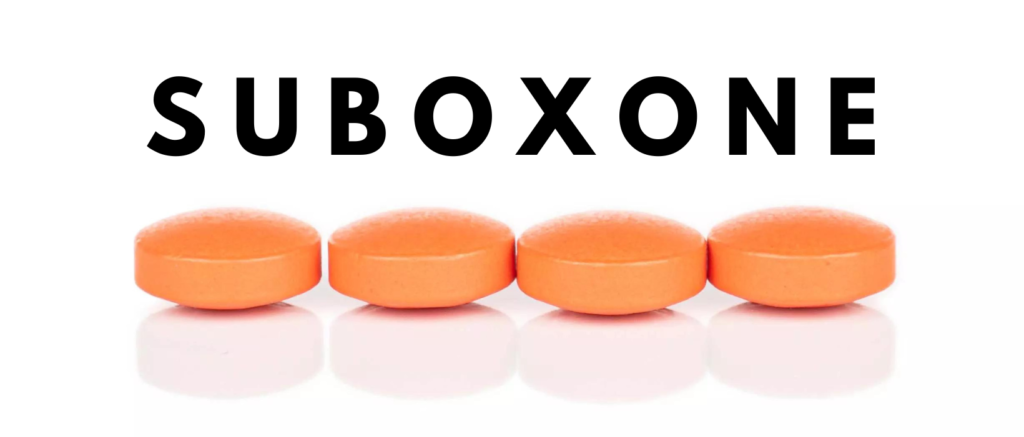
What is Suboxone?
Suboxone is a prescription medication used to treat opioid dependence in adults and children over 15 years of age. It’s a combination of two drugs, buprenorphine and naloxone, that’s administered as a dissolvable film placed under the tongue or in the cheek.
Suboxone can be used to stabilize someone in withdrawal during detoxification, or for maintenance treatment to help with recovery. It works by reducing and eliminating withdrawal symptoms and cravings, and can also help decrease a patient’s long-term dependence on opioids.
Suboxone is FDA-approved and is part of medication-assisted treatment (MAT). However, stopping treatment suddenly can cause adverse effects, such as opioid withdrawal symptoms like joint or muscle pain, irritability, and insomnia. Other side effects of Suboxone include flu-like symptoms, vomiting, sweating, stomach pain, low energy, headache, tooth decay, tremors, difficulty breathing, and nerve pain. You should contact your healthcare provider if you experience any adverse side effects.
Who is a good candidate for Suboxone?
Signs and symptoms that you or someone you love may be addicted to opioids include:
- Inability to control opioid use
- Uncontrollable cravings for opioids
- Withdrawal symptoms when attempting to stop taking opioids Change in sleep habits
- Lack of hygiene
- Financial difficulties
- Isolation from friends and family
You may not be a good candidate for Suboxone if you have kidney problems or a thyroid disorder. We also don’t recommend Suboxone for pregnant or nursing women.
If you’re not a good candidate for Suboxone because of an underlying health issue, we may recommend other therapies to treat your opioid addiction as well as your chronic pain.
What are the side effects of Suboxone?
Common side effects include:
- Headache
- Nausea
- Vomiting
- Drowsiness
- Problems with concentration
- Irregular heartbeat
- Sweating
- Sexual side effect
- Urinary retention
- Dizziness
Serious side effects:
- Difficulty driving or operating heavy machinery
- Respiratory depression
- Difficulty breathing
- Liver damage
- Allergic reactions
How often do I have to go in for Suboxone treatment?
For the first few weeks, you check in very frequently. Later on, you may check in monthly. The medication is able to be taken at home.
How long will I have to take Suboxone?
Some people take Suboxone for years. Often, other can taper off of the medication after 6-12 months.
What happens if I relapse during treatment?
We’ll talk about it with you and get you the support you need to get back on track.
